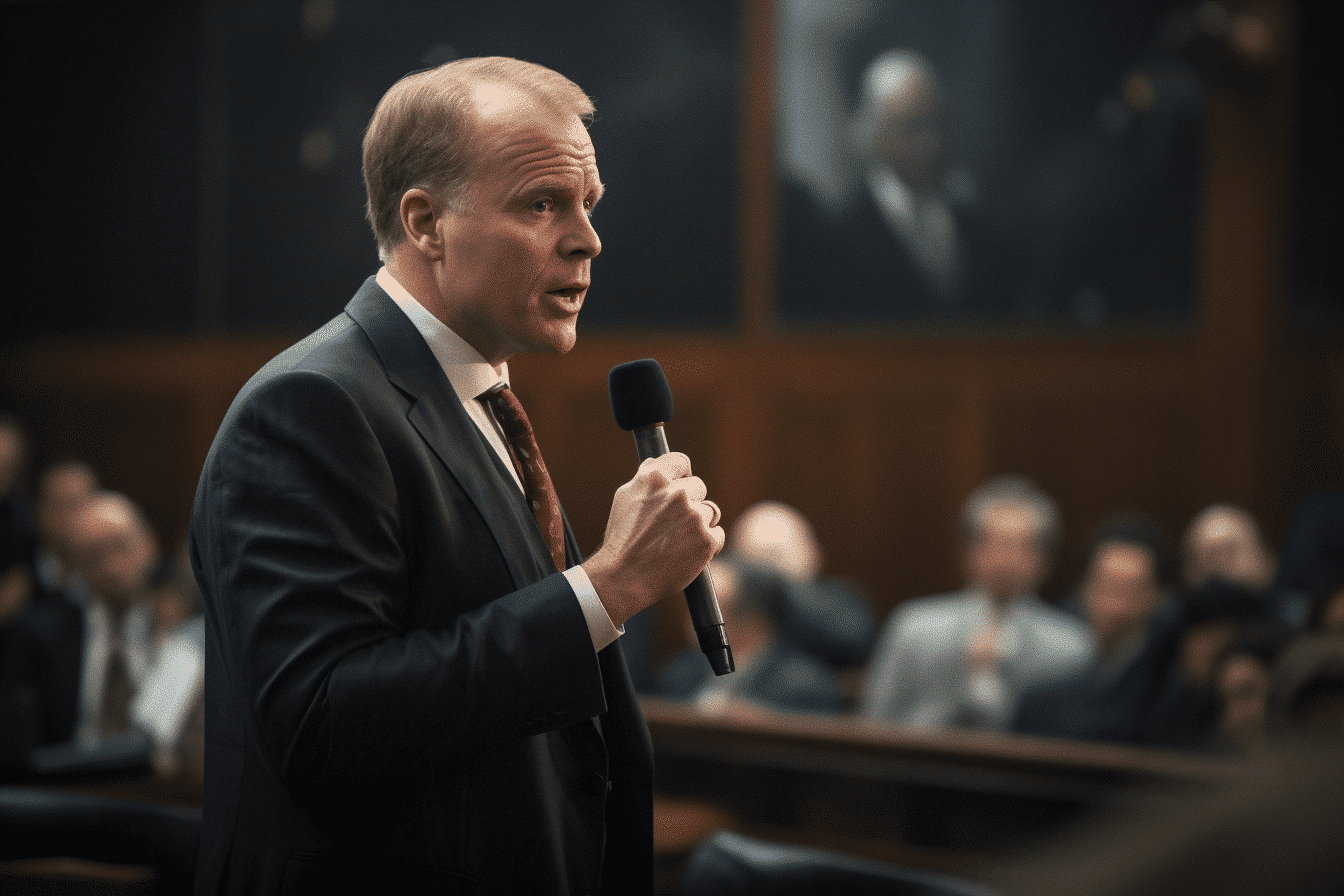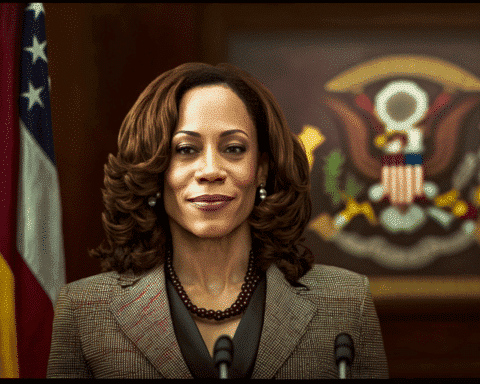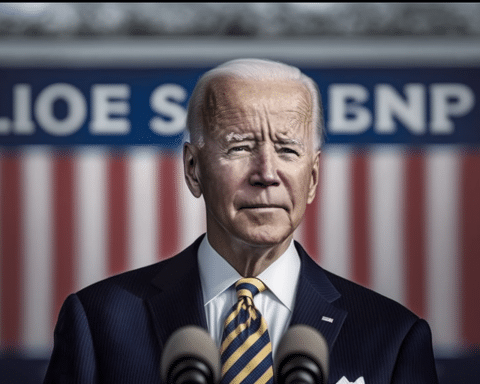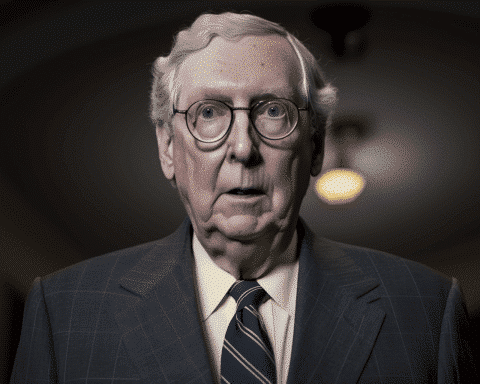The North Carolina GOP-majority legislature, with enough numbers to bypass a gubernatorial veto, is pushing for significant changes to the electoral board system. They aim to shift the appointment power of the State Board of Elections from the governor to legislative leaders.
This proposed bill, which could soon be presented to Governor Roy Cooper, seeks to change how members of the State Board of Elections are chosen. Historically, it has been the duty of the governor, generally a Democrat for the last century, to make these appointments.
The upcoming legislation also hints at the possibility of replacing the chief elections administrator before the next presidential election, drawing attention due to the tight contest between Trump and Biden in North Carolina in 2020.
Attempts by the GOP since 2016 to diminish Governor Cooper’s authority over the election board have seen opposition either from courts or via public voting.
Although Cooper has shown intent to veto the bill, the Republican strength in the legislature and a majority in the state Supreme Court makes overturning his decision feasible.
Current System:
Since 1901, the State Board of Elections comprises five members chosen by the governor. The board’s current configuration tends to favour Democrats. The board selects a chairperson and hires an executive director. Each of North Carolina’s counties also has a five-member elections board, with similar party favoritism. Both the state board and the governor select county members.
Proposed Changes:
The bill seeks to expand the state board to eight members from July, with the General Assembly having the authority for appointments. Leadership positions within both the House and Senate would be responsible for these selections. County boards will have their members reduced to four, with lawmakers being responsible for their appointment.
The expected result is an equal representation of Democrats and Republicans. In the event of an impasse regarding leadership positions within the board, the legislative leaders, currently Republicans, will decide.
Rationale:
The GOP argues that these changes would force bipartisan consensus on contentious election matters, enhancing public trust in election outcomes.
Critics’ Viewpoint:
Governor Cooper and other voting rights advocates believe the bill to be a strategic move to limit early voting and centralize the legislative power over disputed elections. Deadlocks could lead to reduced early voting sites and unresolved standoffs on various issues.
Election Results Controversy:
The bill raises concerns about potential disputes over certifying election results. A split board may refuse to validate results, potentially pushing these decisions to higher courts or the General Assembly.
State Director’s Role:
Karen Brinson Bell, the current Executive Director, has faced criticism from Republicans despite being lauded for her role and approach. The new bill suggests that if no agreement on the executive director position is reached by July, the Senate’s Republican leader would decide, potentially bringing in a new director shortly before the presidential election.
National Context:
This move in North Carolina mirrors nationwide concerns about political factions gaining control over election administrative roles, following the aftermath of claims about the 2020 election.
Next Steps:
The North Carolina House is set to vote on the bill, with the state Senate showing its support. A decision on Governor Cooper’s probable veto may only take place in October, likely leading to legal challenges. Another pending bill might alter rules for mailed ballots and polling observation.
As election administration takes center stage in the broader national dialogue, North Carolina’s proposed changes reflect an intensifying tug-of-war between traditional governance and new legislative ambitions. The outcome in North Carolina could serve as a bellwether for similar efforts across the country, highlighting the ever-evolving landscape of American electoral politics.




